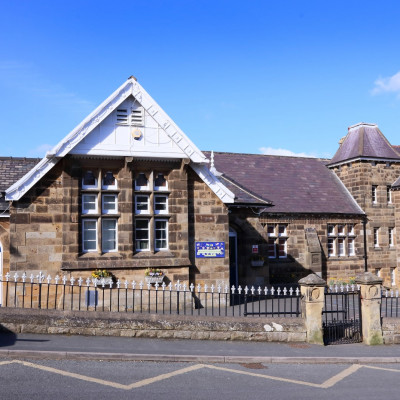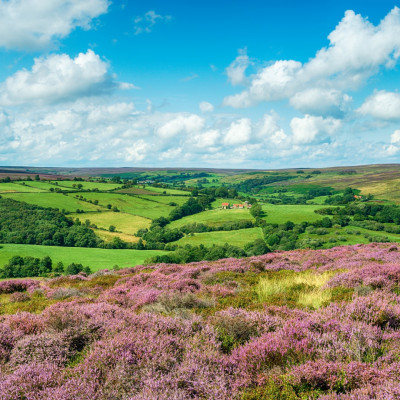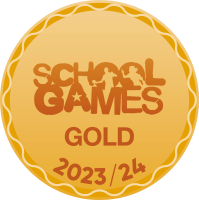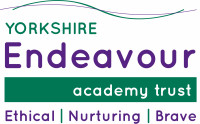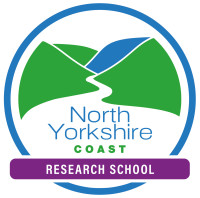Yorkshire Endeavour Academy Trust is a unique and exciting partnership that was formed in 2018 by five primary schools that have a long and successful track record of collaborative working. Each with significant expertise in supporting schools.
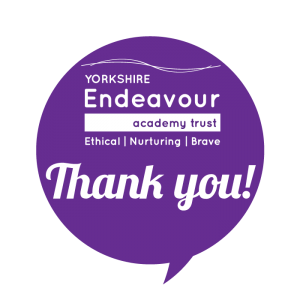
Say Thank You
YEAT Thank You Initiative
We would like to introduce the YEAT Thank You Initiative as a way to recognise and celebrate the outstanding service provided by members of Team YEAT.
